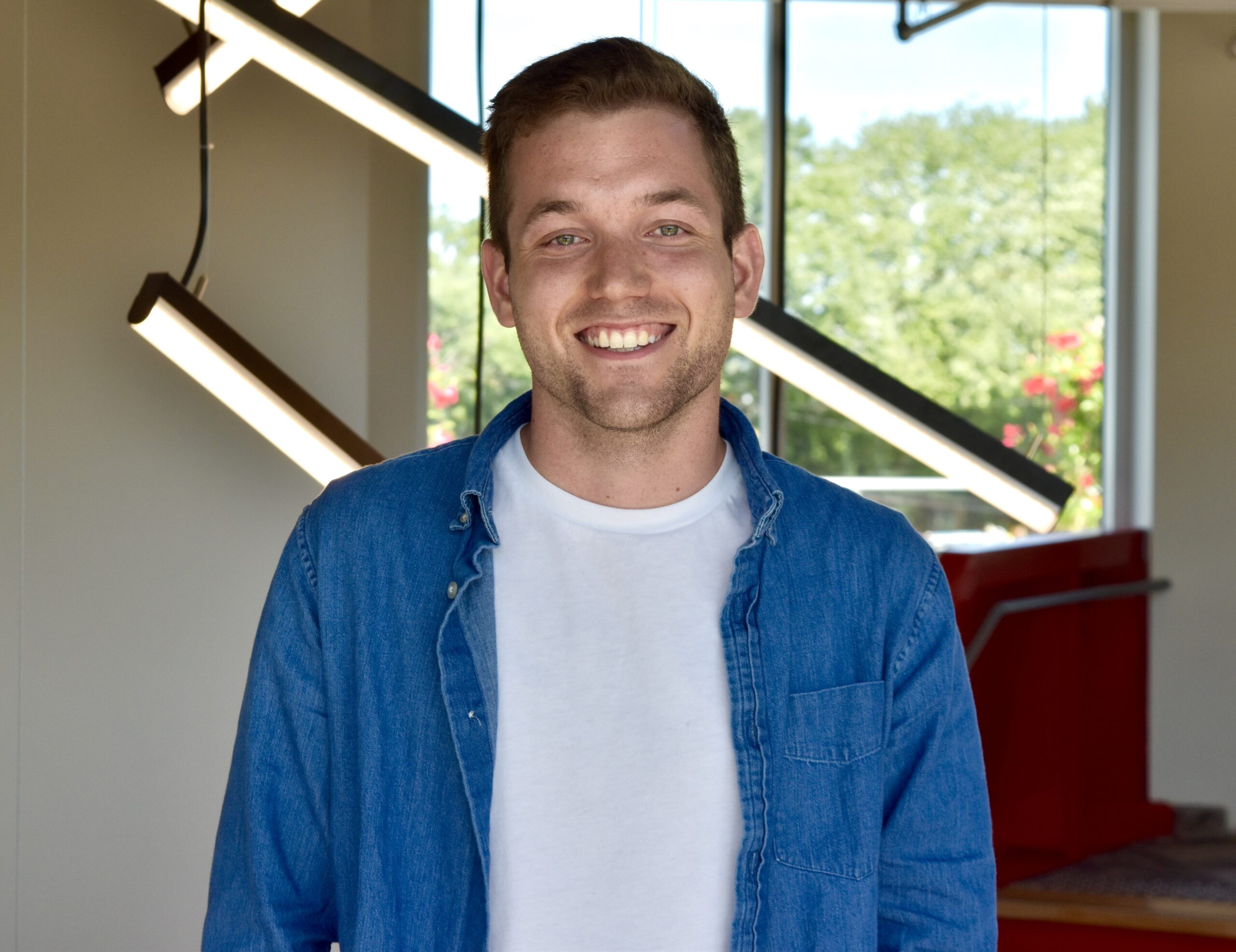
Did you know that about 95 percent of the fresh greens you see in the grocery store are imported from the United States? Growcer’s on a mission to change that, with their modular farms made to withstand Canada’s inhospitable weather.
The organization’s new program, Growcer Finance, is a new marketplace filling a gap in the sustainable agriculture world — connecting socially and environmentally conscious investors to the entrepreneurs who are making a meaningful difference in communities’ food security.
Growcer is fundraising a minimum of $10 million and maximum of $30 million for the pooled fund, from accredited investors. The fund plans to start investing this quarter in entrepreneurs using Growcer’s modular farms to grow fresh produce in areas of the country without stable and affordable access to this food.
At Tapestry, we know first-hand that investors are ready to make the switch from traditional investments in harmful and extractive industries to investments that make a positive contribution to their communities. They just need simple, barrier-free ways to find those investments.
Growcer’s CEO, Corey Ellis, shared four insights on this innovative new financing program, inspiring us at Tapestry — and anyone looking to finance a social purpose project.
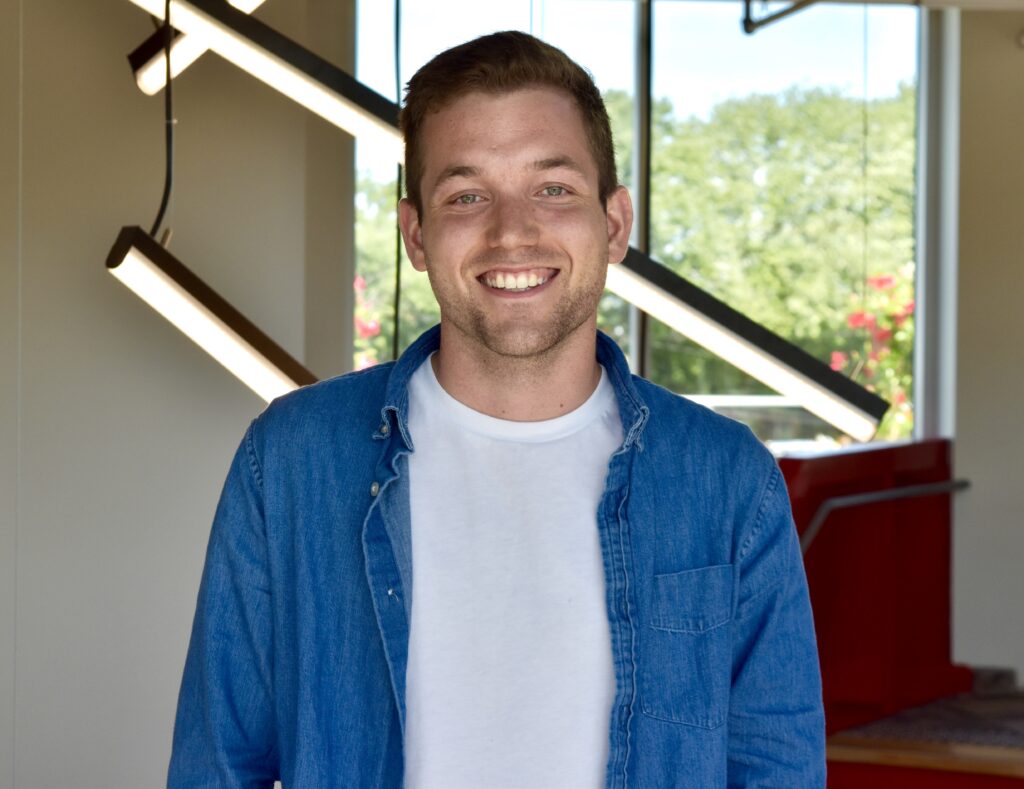
Investors and social entrepreneurs are searching for each other
At Tapestry, we know there are scores of investors ready to put their money where their values are. But they often lack an easy and reliable way to find sustainable, ethical investments. We see a need for a connector between larger sustainably- and ethically-minded investors and local innovators in sectors like affordable housing, arts and culture, and renewable energy.
Corey noticed something similar.
“We noticed that there were a lot of places in Canada that were in great need of solutions like Growcer farms to produce more affordable food. Lots of places had this market ripe for disruption, to produce food locally, sell it locally, and displace imports. But we realized that some of those places have very low access to capital,” he says. “At the same time, there were a lot of impact investors who really liked what we were doing and wanted to invest their capital in solutions like this — but they didn’t all want to be farmers. Our role now is to bring those parties together.”
There are benefits beyond sustainable agriculture
“There’s also an opportunity there to deploy capital in communities that are looking for economic development opportunities, where creating two, three, four jobs is actually pretty meaningful in a community of a few thousand people,” Corey says.
Tapestry-supported community bonds, too, reverberate positive impact. Since many investors are residents of the community, much of the returns stay in the community — in turn, boosting the area’s economic development.
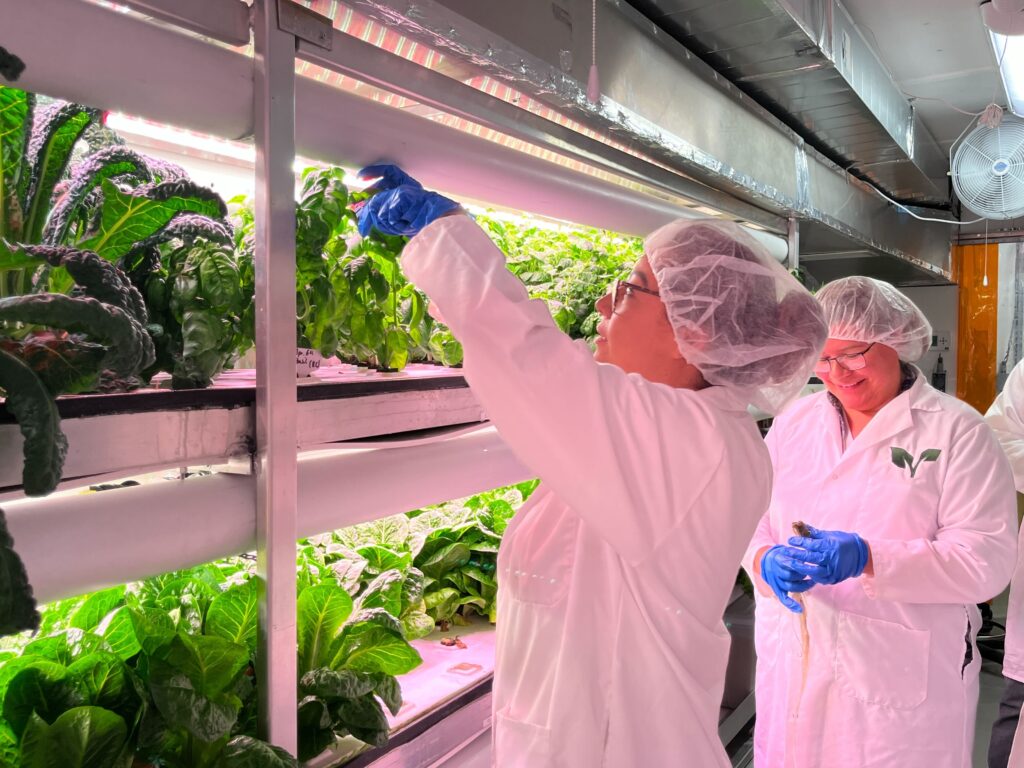
It’s possible to convert traditionalist investors
The fact is that the status quo isn’t cutting it anymore. “Especially post-COVID, all the stakeholders in the value chain of food and grocery are trying to find more resilient ways to procure vegetables,” says Corey. “Fundamentally, there’s a big gap in the agricultural infrastructure in Canada that perhaps more conventional financing is not well suited to finance completely on their own.”
Meanwhile, investors used to traditional approaches are still resonating with Growcer’s approach. “We see a lot of family offices, high net worth and ultra-high net worth individuals. We are seeing some commercial real estate investors that are interested in infrastructure assets, because ultimately the fund looks a lot like a real estate fund, structurally speaking. So, a lot of folks who would normally deploy their capital into a real estate investment trust or some sort of other real estate fund structure” are choosing Growcer Finance.
With Tapestry’s focus on affordable housing, we’re also keen to see investors moving money from traditional, often harmful funds like real estate investment trusts (REITs) and into community-focused investments.
Investment readiness is key
An important role Growcer Finance plays is vetting farmers for their readiness to take on investment. What are they looking for? A solid business plan, of course, but Growcer Finance also leans toward a character-based lending approach. “We’re looking for the right attributes and evidence of past successes. Have you built a business or run a business before that has found some success, or have you been an intrapreneur and can you speak to how those skills are transferable?” Corey says. “And for the people who aren’t selected in a particular cohort, there are oftentimes opportunities for us to give feedback, the things they can do to improve and strengthen their application for next time. For those people who may not get a ‘yes’ the first time around, if they put in the work, and six months later we hear from them again, we’re going to feel better about their application.”
Investment readiness is an important part of Tapestry’s work, too. We help organizations determine whether they’re ready to take on community bond investment, and support them as they prepare for a raise. Curious about whether your organization might be ready for a community bond campaign? Take our Qualifier quiz or get in touch with our team to learn more.

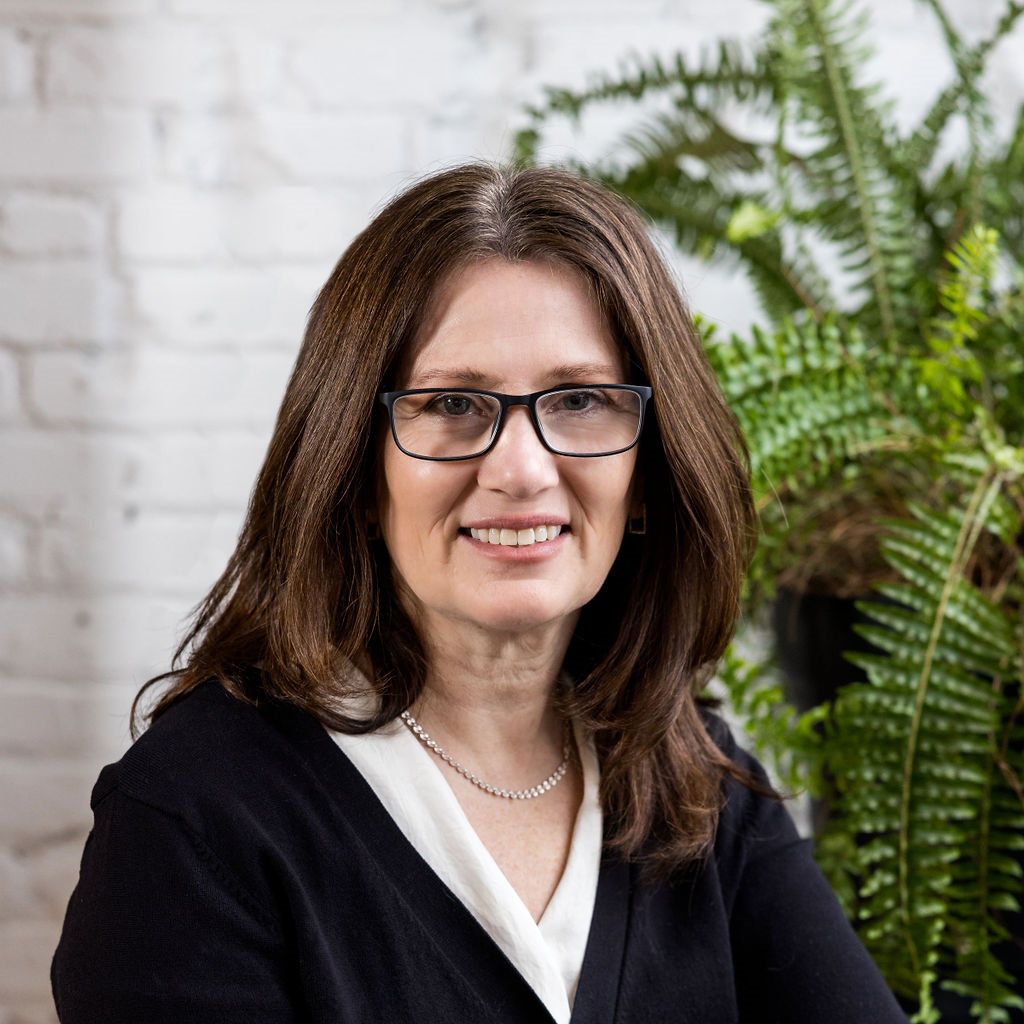
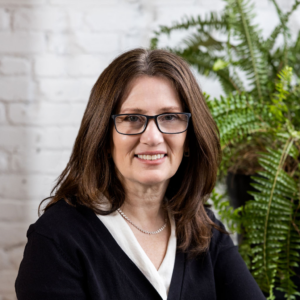
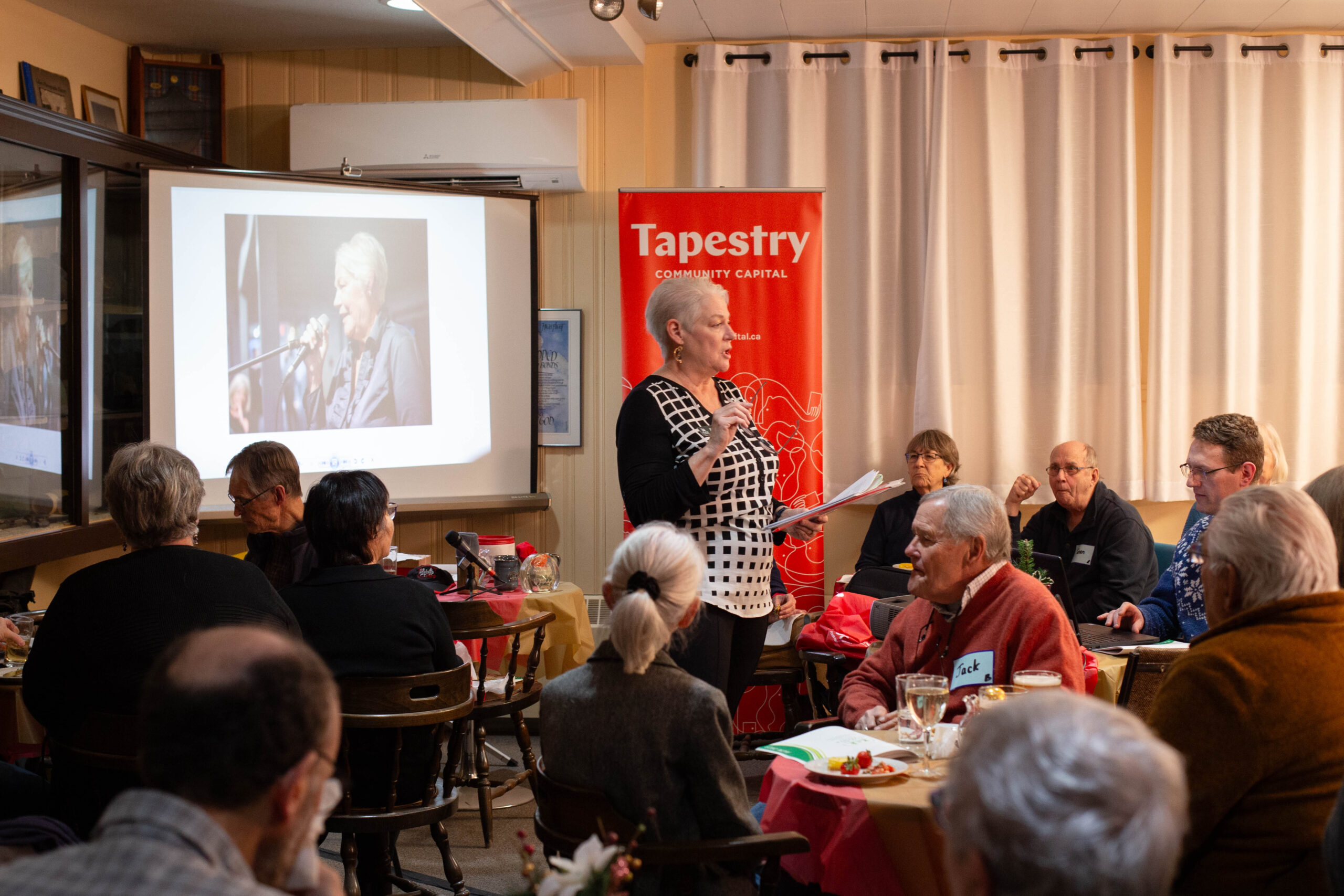
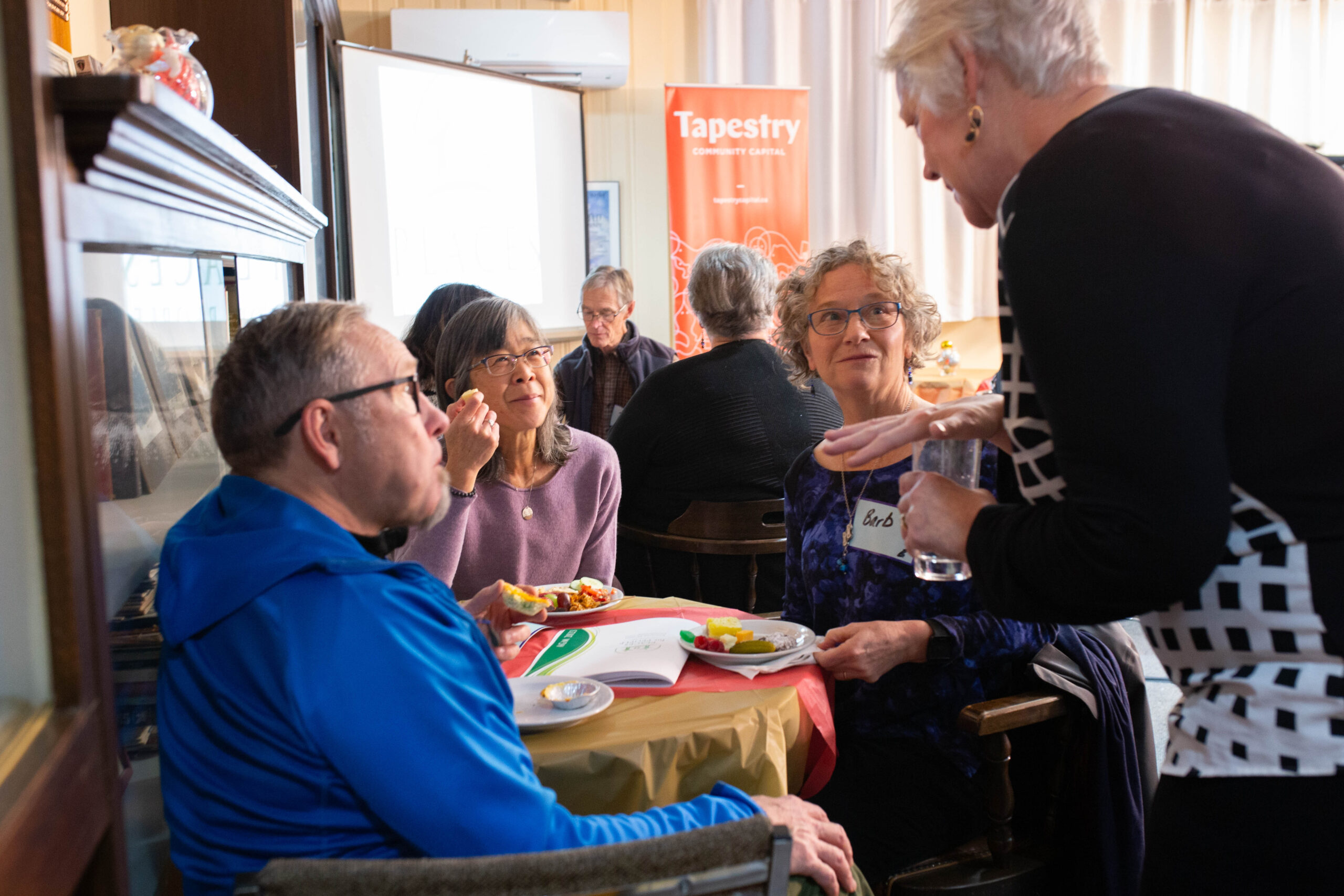
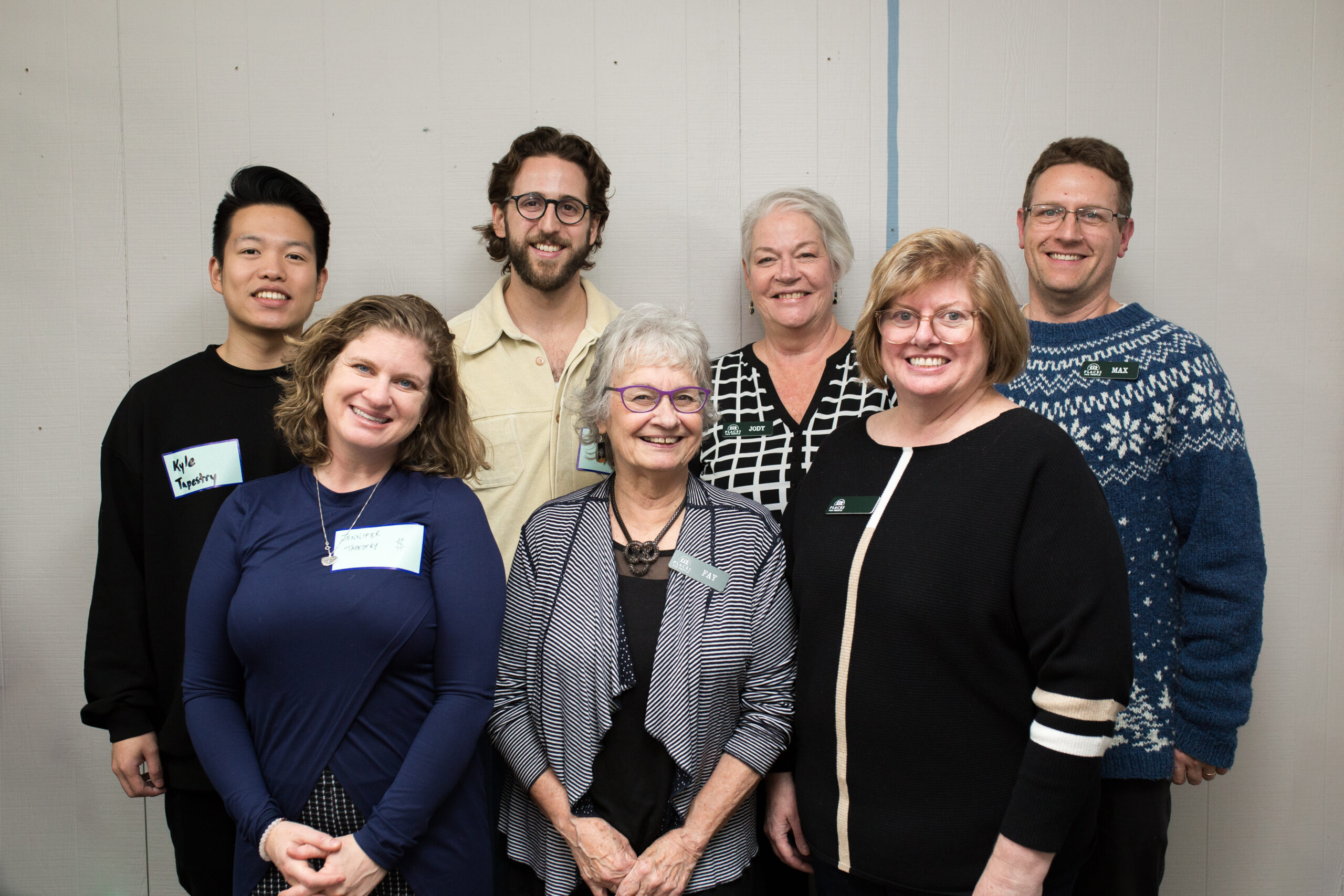
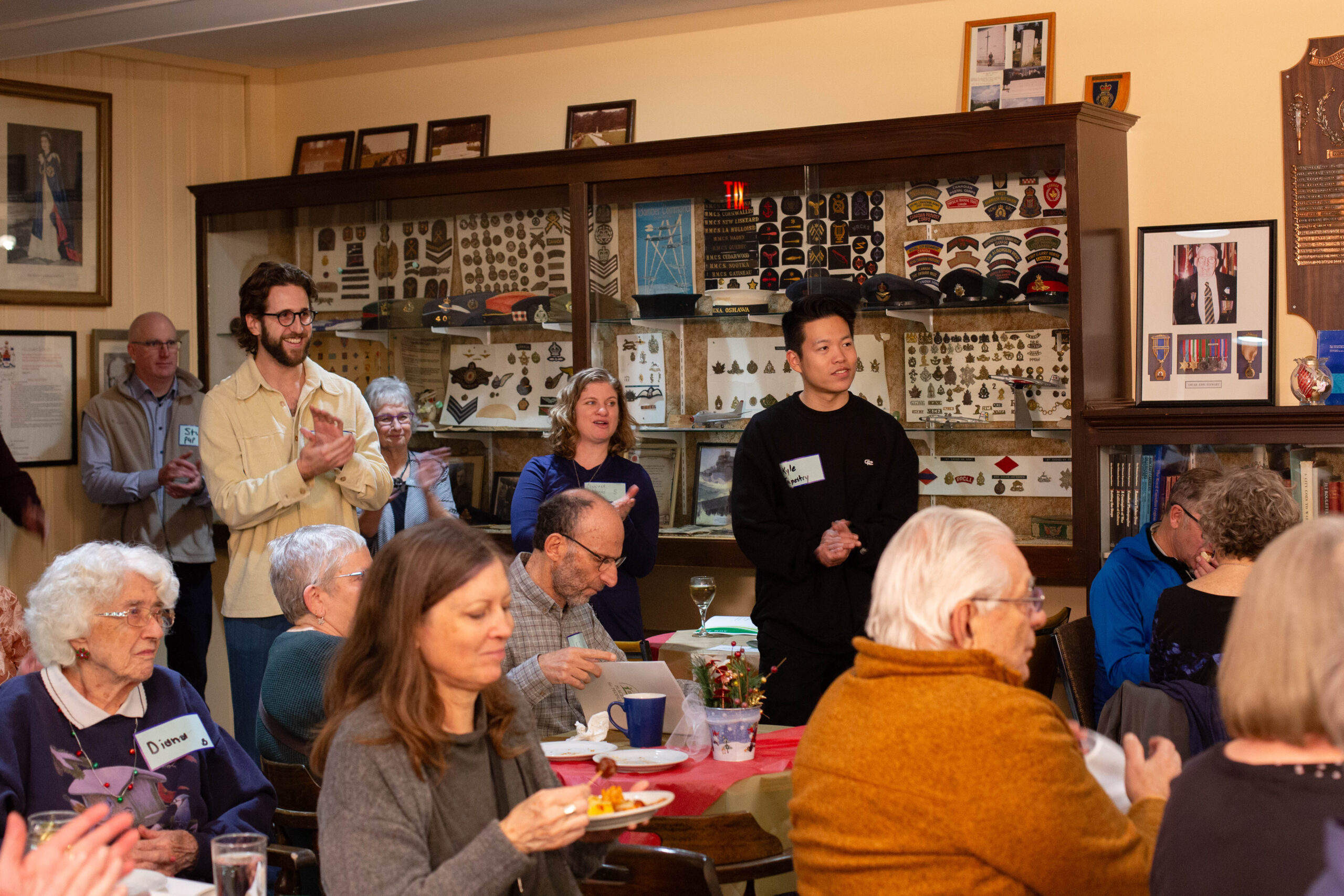
Commentaires récents